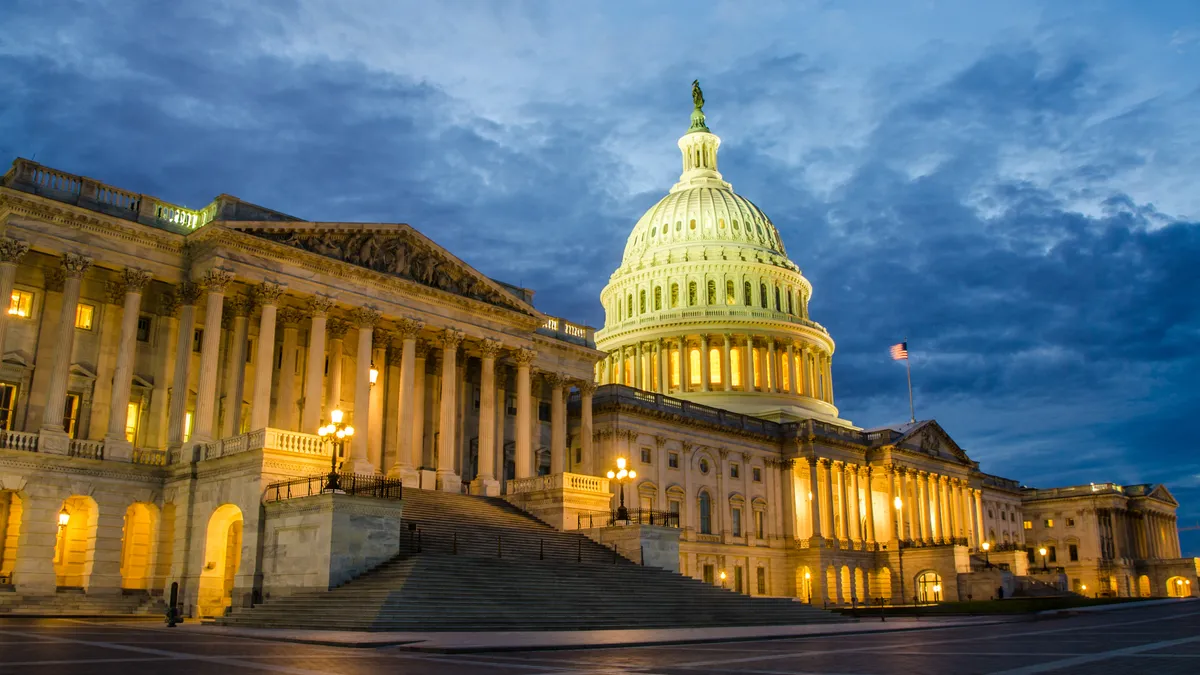Congressional leaders' openness to increase reference prices in the farm bill is getting fierce pushback from some Republicans as ideological divides continue to threaten progress on the industry's largest spending package.
"Now is not the time to increase federal spending through additional reference price increases," according to a letter from six Republicans to House agriculture leaders this month. "We must stand strong against increases in spending that only drive inflation up further."
The letter, led by Freedom Caucus member Rep. Alex Mooney, comes as negotiators signal their willingness to hear proposals expanding crops covered by a 2018 provision that increases support for farm safety net programs during extended stretches of high commodity prices.
“If we’re going to get a farm bill done this spring to keep farmers farming, it’s time to get serious,” she wrote in a letter to senators, according to Ag Insider.
Reference prices determine the threshold for subsidies under programs such as Price Loss Coverage. Farmers can receive payments to make up the difference when market prices fall below the determined threshold.
Farm groups have pushed for higher reference prices to compensate for elevated production expenses. While the proposal has the potential to galvanize more bipartisan support, it could also further alienate the small minority of members that have held up farm bill progress for months over spending concerns.
"While our farmers face unique risks, our farm safety net already provides significant tools to help our farmers manage the ups and downs of agriculture, including government-subsidized crop insurance and other subsidies designed to offset low prices," Republicans wrote in their letter.
Small farmholders and environmental groups have also noted their concern with proposals to raise reference prices. Farm subsidies tend to favor the largest producers, a government watchdog found in December.
"In this tight budgetary environment, we believe such available resources can, and must, be better targeted to best meet the needs of American agriculture, our farmers, and our consumers," groups including Farm Action and Rural Coalition said in May.











